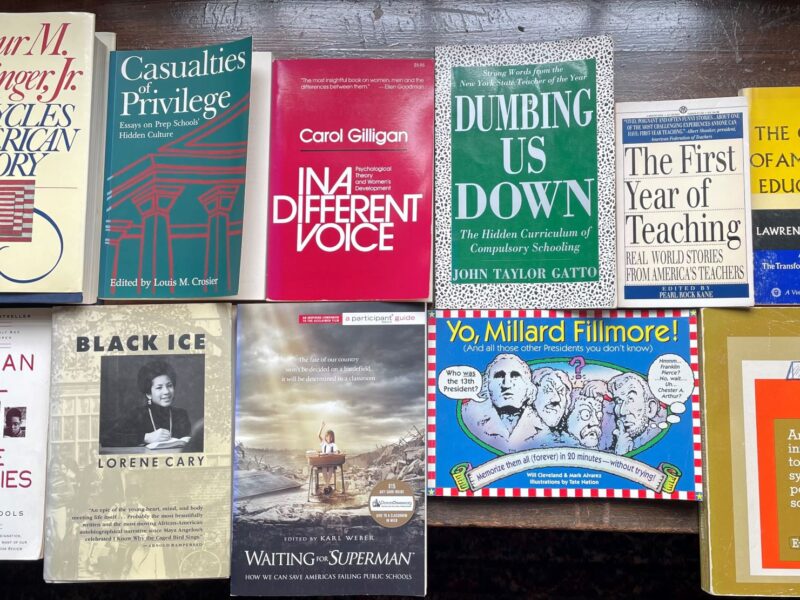Get Your Own Mentor
If you are sending your child off to college, let’s assume that you have been the primary mentor in your child’s life for the past 18 years. Let’s also assume that you have done a good job. This rule asks you to consider the idea that it might not be a good idea for you to continue in the role of primary mentor in your child’s life. It asks you, the parent, to step aside and allow new mentors to enter your child’s life. College offers a wealth of fascinating and dynamic people who can make a huge difference in your child’s life. It may be a professor; it may be a coach; it may be a work-study supervisor. Whoever it is, it should be someone besides you. So, step aside and let it happen.
Years ago when I was in college, I set my sights on the lacrosse team. I found the coach to be an unrelenting task master, and I went through a phase when I did not feel he was being fair regarding playing time – more specifically, my playing time. I even wondered that he might have been playing head games with me. I think I complained to my parents about this a couple of times, probably while sitting around the dinner table at home. I even got the sense that they might even have agreed with me, but it would never have occurred to them to get involved.
Whatever was happening on that lacrosse team was my problem. Nearly four decades later, my relationship with that coach has been one of the most important ones in my personal and professional development. I count him as a friend and even dedicated the first book I wrote on college preparation (Show Up, Study, & Serve, 2010) to him. Who knows what would have happened had my parents thrown themselves into the middle of the mix. For your child to get to where he/she is – about to enter college – you must have done something right. Now it’s time to get out of the way and let all that good parenting you did take over as your child pursues and retains new mentors to take him or her to new heights.
One approach you might take is to get a mentor yourself and model the notion that one is never too old to get help from an accomplished person. In my case, I have taken up the harmonica, and my children have seen me work on this, sometimes with far more talented musicians. While I’m doing this primarily in order to become a better harmonica player, it wouldn’t be a bad thing if it served to encourage my children to take a similar approach with people who can help them accomplish new things.
Onward, Malcolm Gauld


